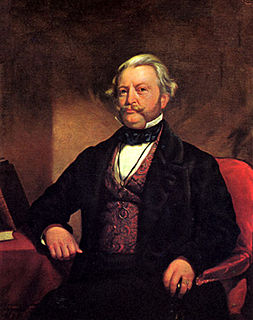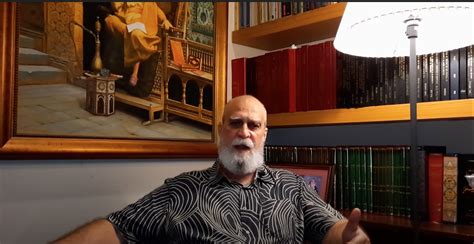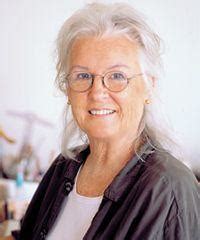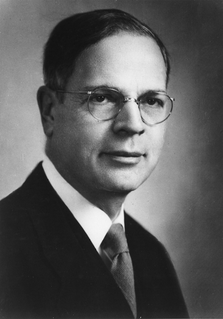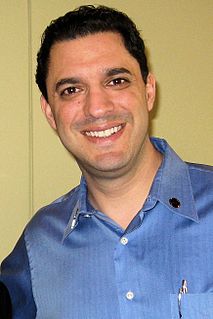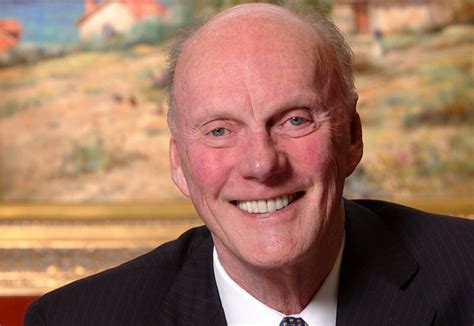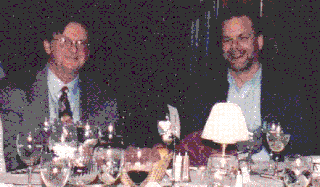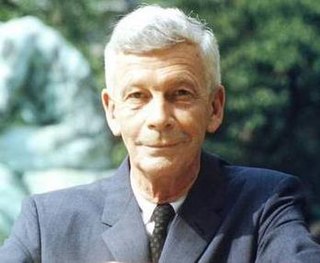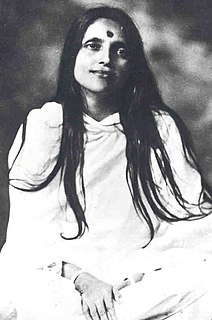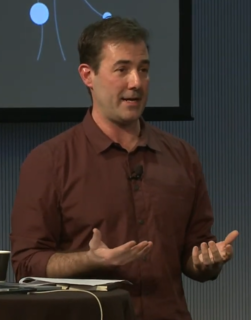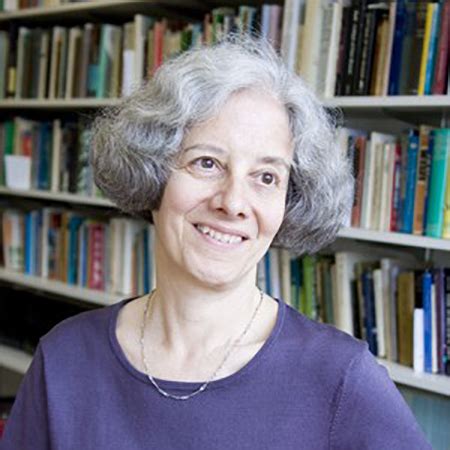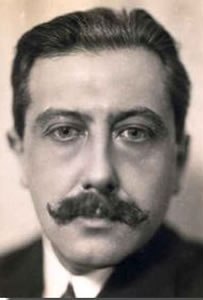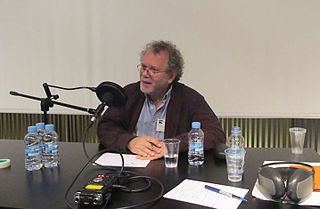Top 1200 Tree Of Knowledge Quotes & Sayings - Page 16
Explore popular Tree Of Knowledge quotes.
Last updated on November 19, 2024.
My childhood was elegant homes, tree lined streets, the milkman, building backyard forts, droning airplanes, blue skies, picket fences, green grass, cherry trees. Middle America as it’s supposed to be. But on the cherry tree there’s this pitch oozing out – some black, some yellow – and millions of red ants crawling all over it. I discovered that if one looks a little closer at this beautiful world, there are always red ants underneath.
Love, as the poet says, is like the spring. It grows on you and seduces you slowly and gently, but it holds tight like the roots of a tree. You don't know until you're ready to go that you can't move, that you would have to mutilate yourself in order to be free. That's the feeling. It doesn't last, at least it doesn't have to. But it holds on like a steel claw in your chest. Even if the tree dies, the roots cling to you. I've seen men and women give up everything for love that once was.
The notion that "applied" knowledge is somehow less worthy than "pure" knowledge, was natural to a society in which all useful work was performed by slaves and serfs, and in which industry was controlled by the models set by custom rather than by intelligence. Science, or the highest knowing, was then identified with pure theorizing, apart from all application in the uses of life; and knowledge relating to useful arts suffered the stigma attaching to the classes who engaged in them.
I suppose I was lucky enough to be educated at a time when teachers still thought children could handle knowledge. They trusted us. Then there came a time when they decided that because not every kid in the class could understand or remember those things they wouldn't teach them anymore because it wasn't fair on the less good ones. So they withheld knowledge. Then I suppose the next lot of teachers didn't have the knowledge to withhold.
After I did the drawings of trees combining them with words, I started doing - I did that for a very short time. Then it kind of - that sort of evolved into just showing the branches of a tree coming down into the trunk and then going into the root system. So I showed both the branches and the roots of a tree, which were about equal. There is as much going on under the ground as is going on above the ground, which you can see.
For many ages it has been allowed by sensible men, Nihil est in intellectu quod non fuit prius in sensu: That is, There is nothing in the understanding which was not first perceived by some of the senses. All the knowledge which we naturally have is originally derived from our senses. And therefore those who want any sense cannot have the least knowledge or idea of the objects of that sense; as they that never had sight have not the least knowledge or conception of light or colours.
Saints are like trees. They do not call to anyone, neither do they send anyone away. They give shelter to whoever cares to come, be it a man, woman, child, or an animal. If you sit under a tree it will protect you from the weather, from the scorching sun as well as from the pouring rain, and it will give you flowers and fruit. Whether a human being enjoys them or a bird tastes of them matters little to the tree; its produce is there for anyone who comes and takes it.
These algorithms, which I'll call public relevance algorithms, are-by the very same mathematical procedures-producing and certifying knowledge. The algorithmic assessment of information, then, represents a particular knowledge logic, one built on specific presumptions about what knowledge is and how one should identify its most relevant components. That we are now turning to algorithms to identify what we need to know is as momentous as having relied on credentialed experts, the scientific method, common sense, or the word of God.
We certainly have to have a view about knowledge in order to decide whether some version of foreknowledge is necessary for inquiry or whether some philosopher or other thinks it is. Roughly, the more demanding our conception of knowledge is, the less plausible foreknowledge is; the weaker our conception of knowledge is, the more plausible foreknowledge is.
First therefore let us seek the dignity of knowledge in the archetype or first platform, which is in the attributes and acts of God, as far as they are revealed to man and may be observed with sobriety; wherein we may not seek it by the name of Learning; for all Learning is Knowledge acquired, and all Knowledge in God is original: and therefore we must look for it by another name, that of Wisdom or Sapience, as the Scriptures call it.
Do anything but love; or if thou lovest and art a woman, hide thy love from him whom thou dost worship; never let him know how dear he is; flit like a bird before him; lead him from tree to tree, from flower to flower; but be not won, or thou wilt, like that bird, when caught and caged, be left to pine neglected and perish in forgetfulness.
Grampa took Mary Ellen inside away from the crowd. "Now, child, I am going to show you what my father showed me, and his father before," he said quietly. He spooned the honey onto the cover of one of her books. "Taste," he said, almost in a whisper. . . . "There is such sweetness inside of that book too!" he said thoughtfully. "Such things...adventure, knowledge and wisdom. But these things do not come easily. You have to pursue them. Just like we ran after the bees to find their tree, so you must also chase these things through the pages of a book!
The production of knowledge in schools today is instrumental, wedded to objective outcomes, privatized, and is largely geared to produce consuming subjects. The organizational structures that make such knowledge possible enact serious costs on any viable notion of critical education and critical pedagogy. Teachers are deskilled, largely reduced to teaching for the test, business culture organizes the governance structures of schooling, knowledge is viewed as a commodity, and students are treated reductively as both consumers and workers.
A farmer friend of mine told me recently about a busload of middle school children who came to his farm for a tour. The first two boys off the bus asked, "Where is the salsa tree?" They thought they could go pick salsa, like apples and peaches. Oh my. What do they put on SAT tests to measure this? Does anybody care? How little can a person know about food and still make educated decisions about it? Is this knowledge going to change before they enter the voting booth? Now that's a scary thought.


